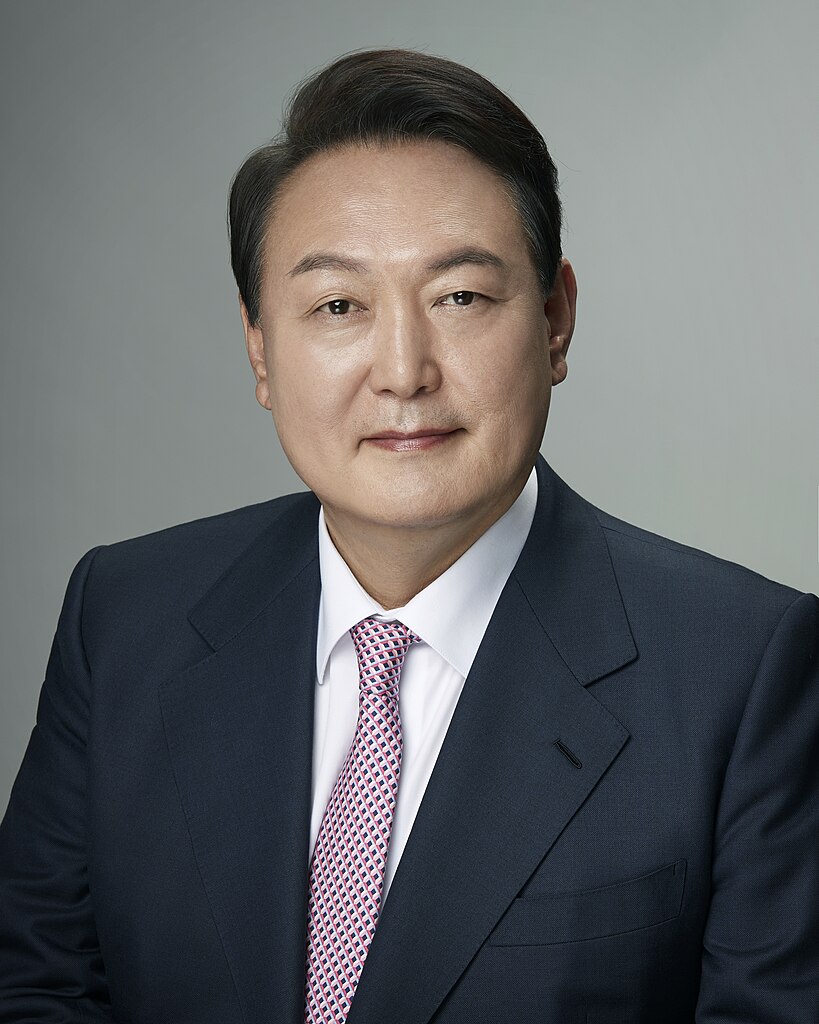Yoon Done?

South Korea’s National Assembly voted to impeach President Yoon Suk Yeol on Saturday, suspending him from office after his stunning declaration of martial law earlier this month caused widespread outrage and plunged the country into a constitutional crisis.
With the impeachment vote, Mr. Yoon has been suspended from office. Under South Korea’s Constitution, Prime Minister Han Duck-soo will step in as interim leader.
“This is a victory for the South Korean people and for democracy,” Park Chan-dae, the opposition floor leader said at a news conference.
Mr. Yoon repeated his intention to fight the impeachment in the Constitutional Court, which will now decide whether to reinstate or formally remove him, a process that could take up to six months. “I will never give up,” he said in a televised address shortly after the vote.
There are still concerns about what went on within the Army on the night of the coup attempt:
Without a doubt, Yoon’s coup attempt laid bare the South Korean military’s erosion of political neutrality and its failure to operate as a professional institution. Yoon’s imposition of martial law was illegal from the outset, as it did not meet the necessary conditions for such a declaration, such as the presence of an armed rebellion, a breakdown of law and order, or an external threat that renders civilian governance impossible. The military’s compliance with these unlawful orders exacerbates concerns over its allegiance.
Moreover, despite South Korean law explicitly prohibiting the use of armed force against the legislature under martial law, special forces attempted to seize the National Assembly to block a vote to lift it. Even after the National Assembly voted to revoke martial law—legally requiring immediate presidential compliance—military officers defied the decision, insisting on maintaining martial law until Yoon personally rescinded it. In no uncertain terms, the military was loyal to an individual leader over the nation. However, young soldiers on the ground, mostly conscripts and therefore untainted by the groupthink of Army elites, appeared to display passive resistance to what they perceived as unreasonable orders, which ultimately contributed to the passage of the resolution to lift martial law.
This is a tough civil-military situation because of course the ROK Army isn’t around just for shits and giggles; it actively has to prepare for whatever nonsense its idiot brother might try at any given moment. Situations in which the high command is confused about who it should be following and the rank and file are confused about whether they should follow senior command is, like, bad and stuff.


